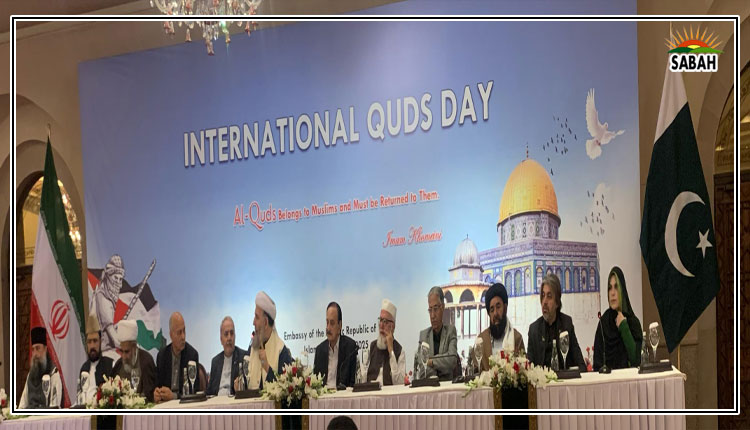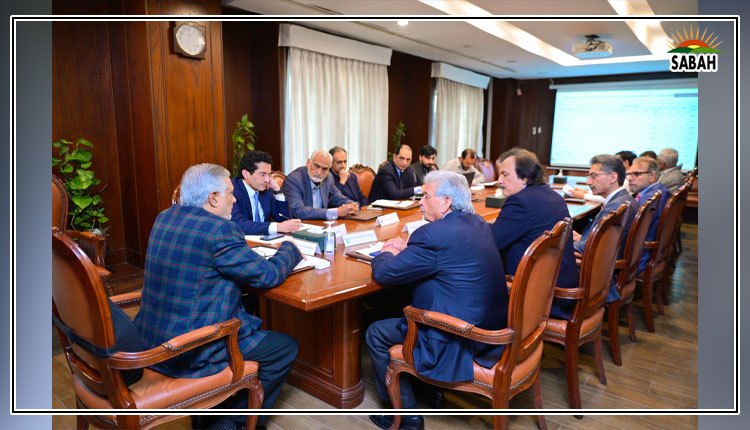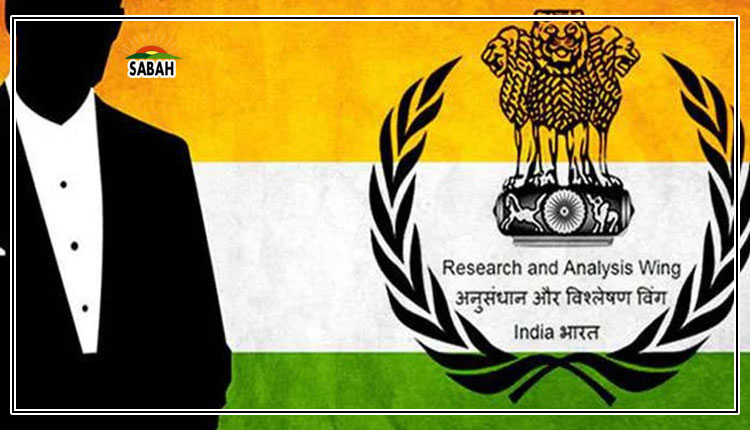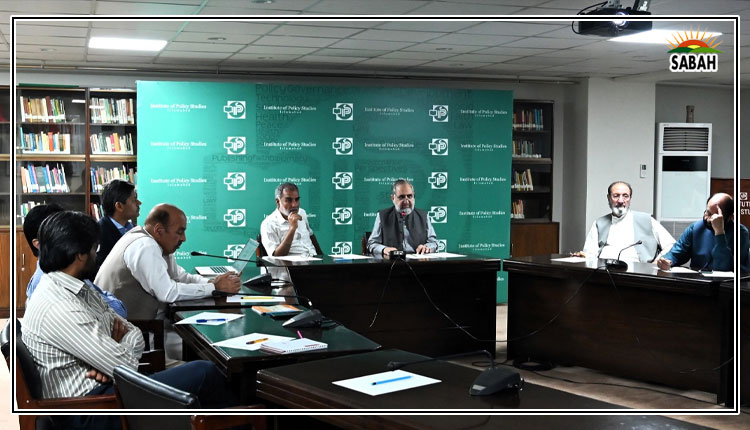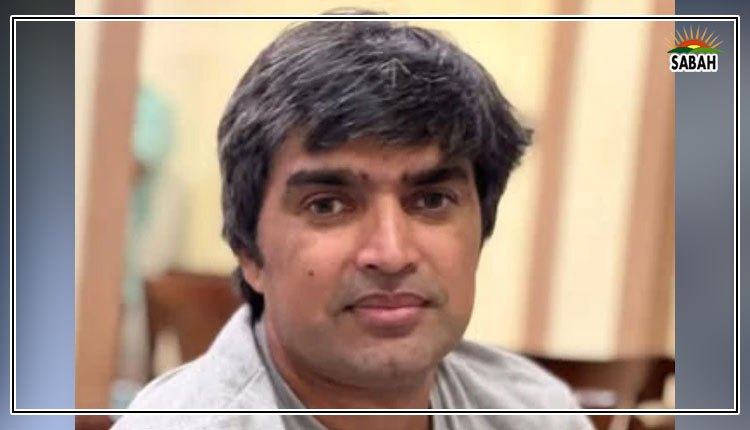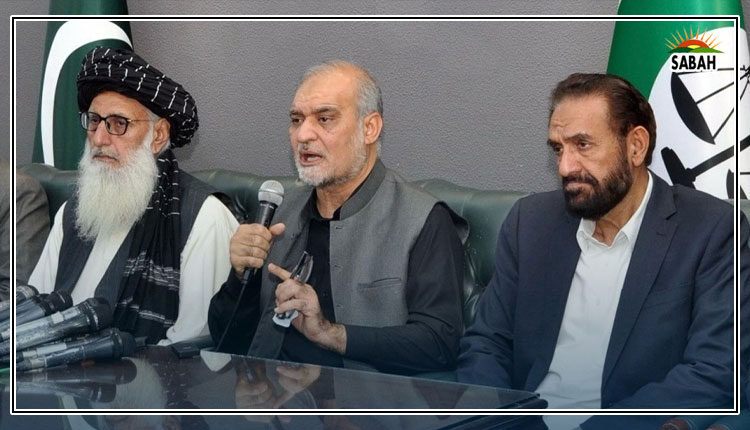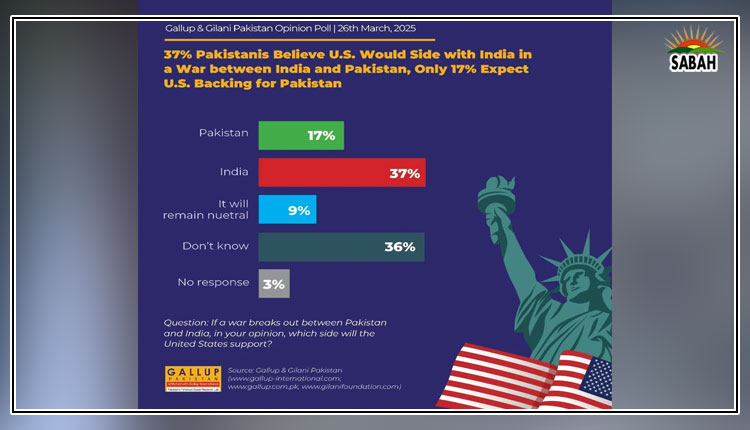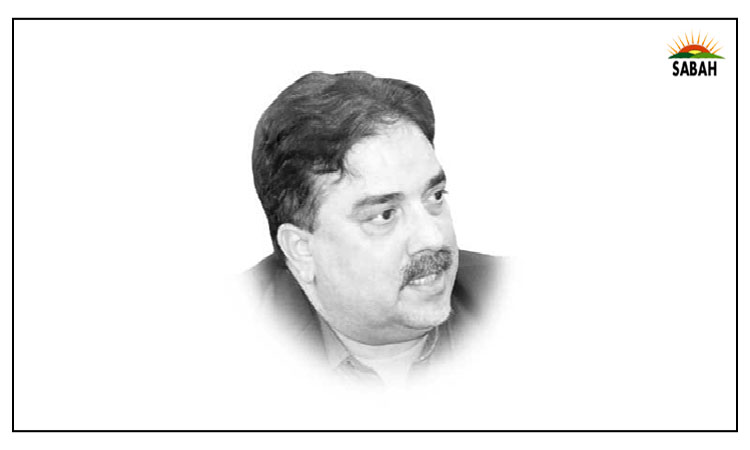Of the poor, middle-class and the aristocrats …. Ishtiaq Ali Mehkri
Seeing is believing. At times, it could be a manifestation of deception. So is the case with the micro-economy of the people, as they find themselves in shock and awe at the hands of soaring prices and a plummeting purchasing power. But it is surprising to notice that there are hordes of shoppers all around, and there is hardly any mall or market that is deserted, or one cannot find any shop from grocery to garments that does not have plenty of willing customers.
The cash registers are ringing and people are mindlessly basket-ting stuff without bothering about the price tag. Perhaps, this is one side of the societal story of those who do not believe in graphing their consumption pattern unless they hit the lag of incapacity. This section of people are salaried class in the middle or upper zone of income, and most of them inevitably rely on plastic money, till the day the lid is blown away.
They do wail over skyrocketing prices of essential commodities, petrol and energy, but put their heads down to keep alive their white collar-ship of economic well-being. In doing so, this strata of society undermines the thin line of virtuousness and many fall in the trap of minting easy money by hook or crook.
Perhaps, this is where the degenerated side of the populace is ranted with corruption and compliance. Not to talk of the ultra-rich and the aristocrats who have a statehood of their own and are oblivious to ground realities.
There is a flip side too. Around 120 million, roughly half of the population, is under the line of poverty, and their income is less than Rs1,000 a day. The minimum income fixed at the official level too is not more than Rs35,000 per month, and this segment is devoid of basic civic amenities, and even if they possess them, the same are substandard or widely exorbitant.
Health and education is a luxury for more than 75% of people, and relying on government-funded subsidies is no less than a nightmare and disgracefully subjugating. Pakistan’s per capita income is lowest in South Asia, and its out-of-school kids’ ratio is highest in the world.
The IMF has ranked Pakistan 52nd on the list of the world’s poorest countries, and in terms of health it is at 154th place plagued with inadequate infrastructure and inequitable distribution of medical chores. Likewise, unemployment sits at 6.42%, and is increasing on a yearly basis.
Lest to speak of social mobility which is scuttled at home, paving the way for excessive brain drain owing to a deteriorating hope-line in the order of the day, which is taking a turn for the worse. It is alarming no note that 8.9 suicides occurred per 100,000 people in 2023, merely for the reason of economic recession and a sense of marginalisation.
This 180-degree diverse scenario of our economic livelihood is an outcome of ad-hocism, abject mismanagement and corruption. The state as an entity kept on borrowing billions of dollars for the last seven decades, but could not build a foolproof infrastructure of economic vitality. Our production is uncompetitive and wayward, and reliance on imports is tantamount to self-immolation.
It is no surprise that every born child is bestowed with a debt of Rs250,000, and the rate of population explosion is menacing. Last but not least, the projected growth rate of hardly a percentage point for the next few years makes the economic equation catastrophic.
An enterprising nation like Pakistan — with a wealth of four seasons, agrarian lands, sea shores and minerals — cannot be thrown under the bus merely for lacking a coherent policy to rise and reckon with. This calls for a lesson in resilience and resourcing to absolute sovereignty.
Time to usher in confidence to dovetail the mega pie of informal economy into the national mainstream, and reap the dividends of intra-generational mobility. To make this happen, the least that is desired is inclusivity by doing away with the monopoly of the movers and shakers. Only then can the economy stupid be of convenience and not curse.
Courtesy The Express Tribune, April 13th, 2024.


